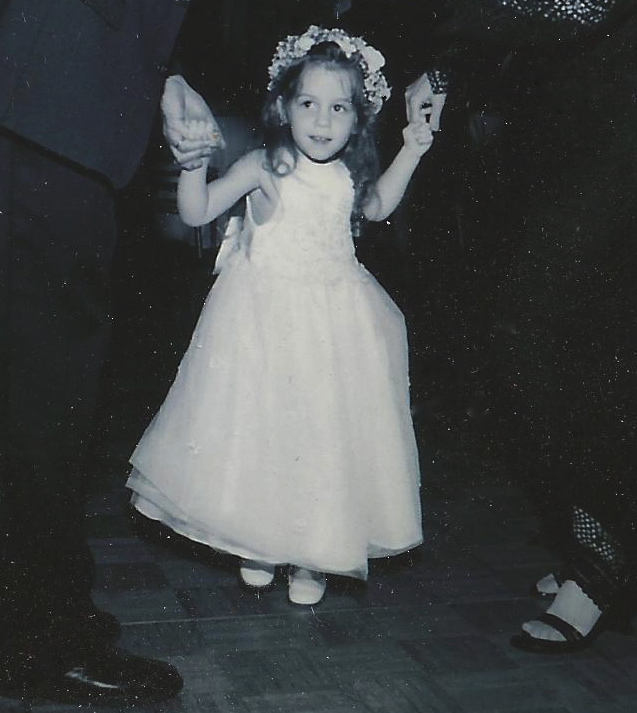 Become the least grain of sand on the beach. —Maezumi Roshi
Become the least grain of sand on the beach. —Maezumi Roshi
I’ve had this quote on my mind lately, because it’s so easy to be distracted by the waves.
A few years ago I spent considerable time running the streets around my neighborhood. I told myself I was training to do a great and worthwhile thing: a marathon. I didn’t yet know that the truly great thing was taking even one tiny step.
Since I ran in the mornings, I would often cross a major intersection at commuting time, and lope through the crosswalk as the cars idled beside me. I had a startlingly intimate view of the solitary drivers, which is a rare and beautiful thing. We sit behind our wheels as if cocooned in invisibility. No one looked back at me. No one noticed the small, stooped lady striding past, smiling at them.
I might have said people looked grim, but that wasn’t quite true. They had no expression. They were unaware. It was going to be a day like any other. Not a single one of them would have thought they’d achieved greatness.
But they had. They had punched the alarm and gotten out of bed. Made the coffee and turned off the pot. Packed a sack lunch. Fed the pets, scratched the sweet spot under the dog’s chin. Smeared a smudge of butter across a slab of toast. And here they were, on time or late, calm or impatient, angry or bored, feeling utterly insignificant in the scheme of things.
My heart would swell at the sight of these great people answering the noble call: to do small things, and do them everyday. That’s why I smiled, but they didn’t see.
***
My dear husband was part of a recent space landing that bore as its slogan “Dare Mighty Things,” a snippet from a stirring Teddy Roosevelt quote:
Far better it is to dare mighty things, to win glorious triumphs even though checkered by failure, than to rank with those timid spirits who neither enjoy nor suffer much because they live in the gray twilight that knows neither victory nor defeat.
Teddy could rally soldiers to their doom.
The space project was daring, its landing sequence worked, and it brought a wave of relief and pride to a group of people whose careers are continually being foreshortened and whose intelligence, frankly, is a bit of a cultural liability. (At least in this country.) The landing of the mission, though, was not the mighty thing. I had an up-close look at this endeavor, so I know.
What was mighty is that thousands of people woke up each workday for many, many years in several countries to log onto their computers and answer emails, stand in security lines at airports, eat crackers at their desks, tell jokes and ask about each other’s kids.
We must not lose sight of this everyday greatness, or we might as well live on Mars.
***
My teacher tells the story of hearing firsthand Maezumi’s instruction, “Become the least grain of sand on the beach.” He thought at first the old guy was telling him he wouldn’t amount to much. Aim low. Give up. Settle for less. And then he realized that not amounting to much was amounting to everything.
Become the least grain of sand and you’ve become inseparable from the whole beach. Big, mighty, or great doesn’t begin to measure what you already are. All you have to do is see it, and then, keep doing the small things. The universe depends on it.
Two more little things you might want to look into:
Beginner’s Mind Meditation Retreat April 17-19 in West Hartford, CT
Prairie Bloom: A Zen Retreat Aug. 6-9 in Madison, WI
Get Maezen’s writing delivered to your inbox.
Subscribe to my newsletter • Come to a retreat • Friend me • Follow me.



 Become the least grain of sand on the beach. —Maezumi Roshi
Become the least grain of sand on the beach. —Maezumi Roshi If you want time, give away your preoccupations.
If you want time, give away your preoccupations. Empty handed, holding a hoe. —Mahasattva Fu
Empty handed, holding a hoe. —Mahasattva Fu


 I’m so happy to see
I’m so happy to see 
 I hung up my
I hung up my 
